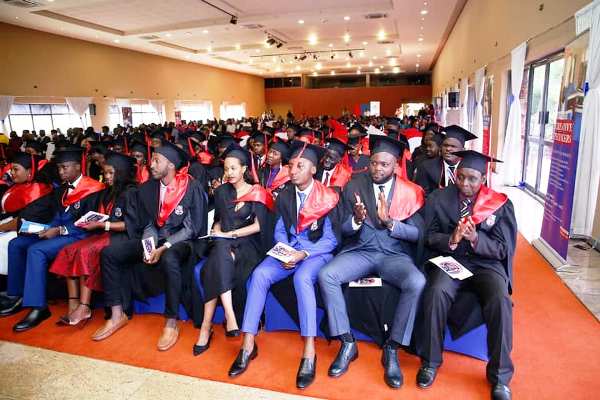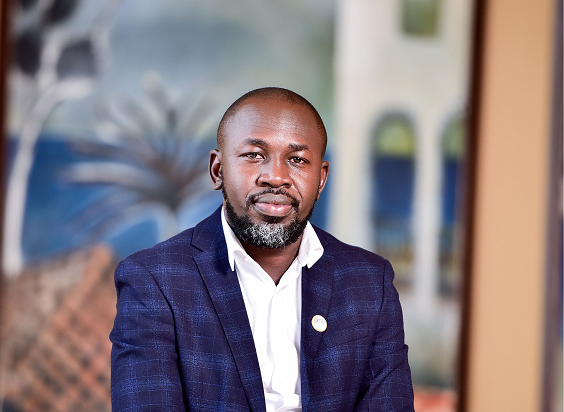Dan Odongo, the Executive Director UNEB
For the first time in recent years, Social Studies and Religious Education recorded a decline in performance in the 2022 Primary Leaving Examination examinations.
According to the report by the Uganda National Examinations Board (UNEB), the pass rate for the subject was 88.6% in the 2022 examinations, which is a significant decline from a 93.1% pass rate registered in 2020 examinations.
Dan Odongo, the Executive Director of UNEB, says the decline is concerning as the subject has traditionally been one of the best-performed by candidates in previous years, with a pass rate above 92 percent.
Odongo adds that in light of the decline in performance in Social Studies, the board will soon start reviewing the examiners’ observations to identify what the problem could have been and effectively communicate to the schools.
He says this review will be included in the report on the work of candidates. He emphasized the importance of identifying and addressing any problems in order to improve future performance in the subject.
As the country waits for the said UNEB report, several teachers have already pointed out probable reasons for the sudden decline in performance in the subject which is usually liked by the majority of the pupils.
Rogers Muliika, a Social Studies teacher at Yudesi primary school, attributes the decline to teachers who have consistently taught students through a cramming method yet the examination board has shifted away from asking questions that require recalling to examining the ability of pupils to apply basic reasoning based on what they have learned.
For better results in the future and ensuring lifelong learning, Muliika advises fellow teachers to make sure that they approach social studies in a practical format that will enhance the reasoning of their pupils.
According to Muliika, another probable cause of the decline in performance in Social Studies could be the lack of attention given to the Religious Education component of the subject. Muliika states that Religious Education makes up 25 percent of the exams, but some teachers have been neglecting it.
Robert Kulabako, the chairperson of Luwero Private Schools’ Association, also pointed to a possible cause for the poor performance in Social Studies as the failure of students to comprehend questions.
Additionally, he said, schools have put too much emphasis on science and mathematics due to government pronouncements prioritizing these subjects, which might have led to neglect of Social Studies.
Grace Lumu the Head-teacher of Cream Hill Primary school also puts the blame on teachers who have failed to master the art of teaching children with the purpose of instilling the ability to apply general knowledge in answering questions that UNEB is tricking them with.
He says once a child’s reasoning ability is enhanced, he can answer any question in social studies but this has been neglected by many teachers.
Geoffrey Tushabe, the deputy head teacher in charge of academics at Kampala Quality school, also didn’t divert from what his counterparts are raising. He also points to the fact that the subject requires students to make research beyond what is taught in class.
According to the report, Integrated Science was the best-performed subject in the primary leaving examination results, with 89.6 percent of candidates who sat for the exam passing the subject.
English also recorded a significant improvement at distinction and credit levels while its overall performance remained the same. The report also shows that while Mathematics remains the most poorly done subject, there was better performance at distinction and credit levels in the subject.
-URN





